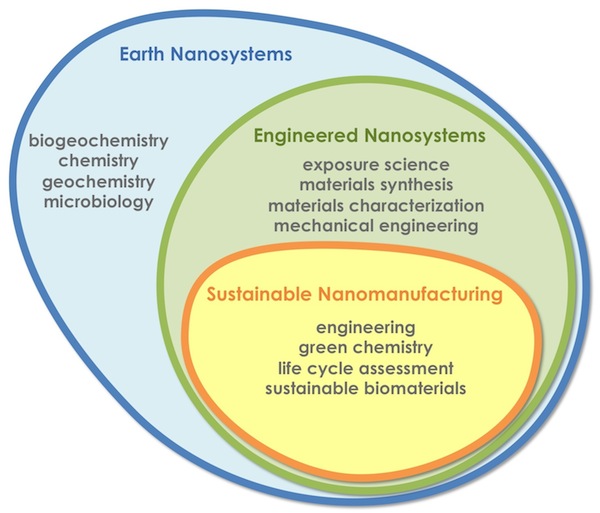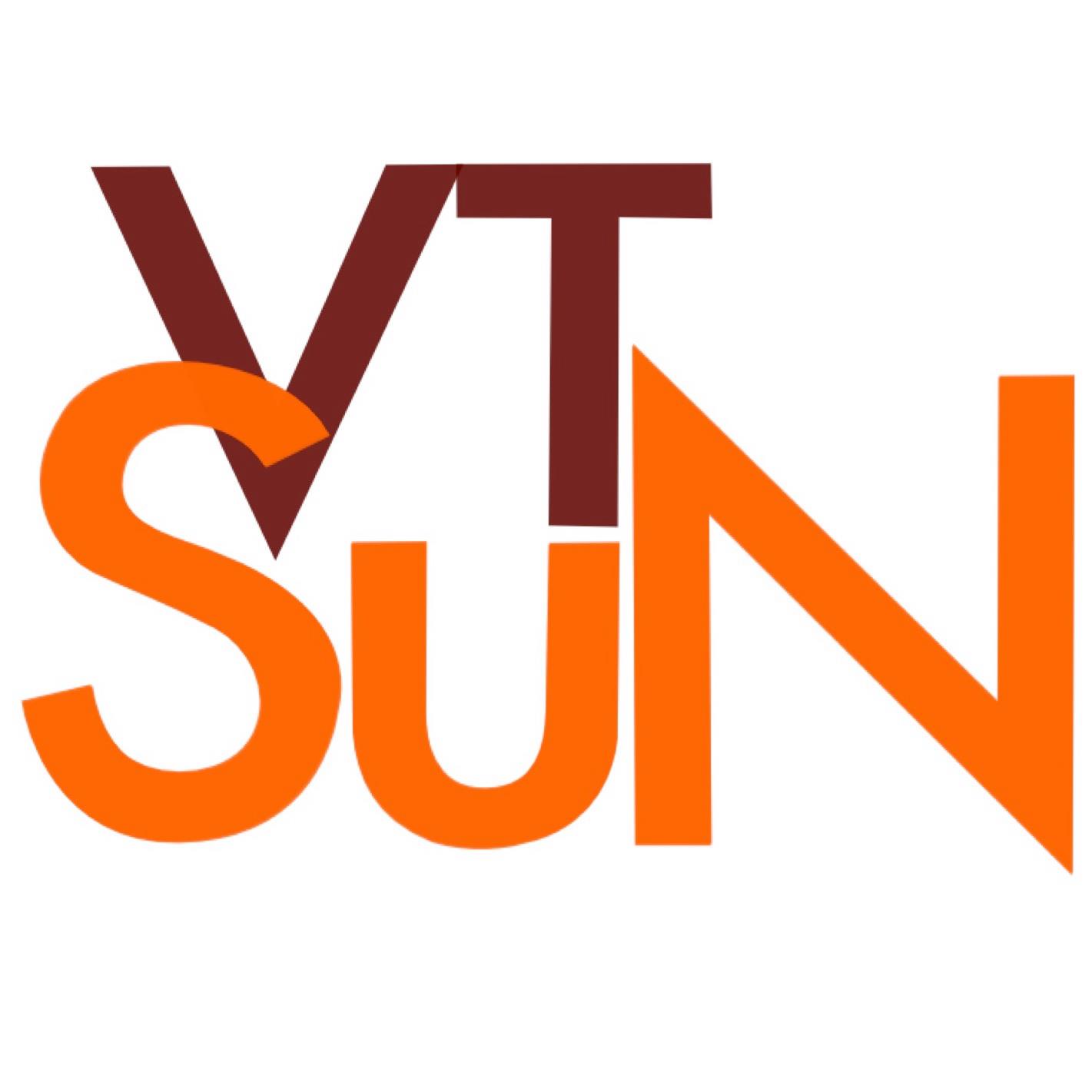
Our research is focused in the three key research areas listed below through partnerships with existing research groups at Virginia Tech and around the world. VT SuN supports scholarly applications of nanoscale science and engineering to improve understanding of nanoparticle interactions within the environment as well as to enhance our ability to apply nanotechnology to solve global environmental challenges.
To read more about VTSuN research check out our student profiles and our list of publications.

The VT SuN earth nanosystems group applies nanoscience to environmental geochemistry, biogeochemistry, and mineralogy. In addition, the group studies other complex environmental systems including mineral-microbe interactions and mineral surface science. VTSuN is a core member of the national Center for the Environmental Implications of Nanotechnology (CEINT).
Specific research in earth nanosystems focuses on:
- Biogeochemical Cycling of Elements
- Fluid Mechanics
- Sediment Transport
- Atmospheric Nanoparticle Transformation and Transport

The VT SuN engineered nanosystems group applies fundamental engineering and chemistry principles to assess the fate and transport, and toxicity of engineered nanomaterials released to environmental systems. In addition to evaluating the implications of engineered nanomaterials, the Engineered Nanosystems group also applies nanoscale technologies to address global environmental health challenges.
Specific research in engineered nanosystems focuses on:
- Environmental risks of engineered nanoparticles
- Engineered Nanoparticle Emissions and Control
- Biomolecular Nano
- Advanced Nano Sensors
- Occupational Safety
Nanotechnology in Consumer Products
VTSuN partnered with the Woodrow Wilson International Center for Scholars to update and upgrade the nanotechnology Consumer Products Inventory (CPI). The inventory is a resource for consumers, citizens, policymakers, and others who are interested in learning about how nanotechnology is entering the marketplace. It is meant to be international and expanding. The goal is to create a 'living' inventory for the exchange of accurate information on nano enabled consumer products. Improved information sharing will allow citizens, manufacturers, scientists, policymakers, and others to better understand how nanotechnology is being used in the consumer marketplace. This work yielded a recently published paper.

The VT SuN Sustainable Nanomanufacturing group applies basic principles of green engineering, life cycle assessment, and various others disciplines to establish sustainable manufacturing processes for engineered nanomaterials.
Specific research in sustainable manufacturing focuses on:
- Natural Products
- Green Engineering
- Life Cycle Assessment (LCA)
- Design for Environment
- Carbon Footprint Analysis
- Renewable Energy
- Nano Policy and Law
To read more about VTSuN research, check out our student's research profiles.


